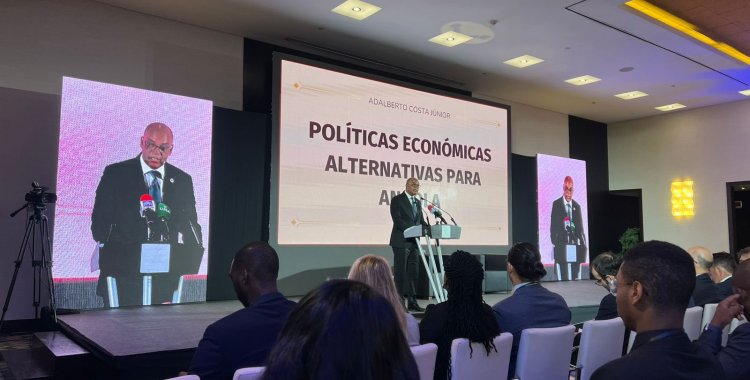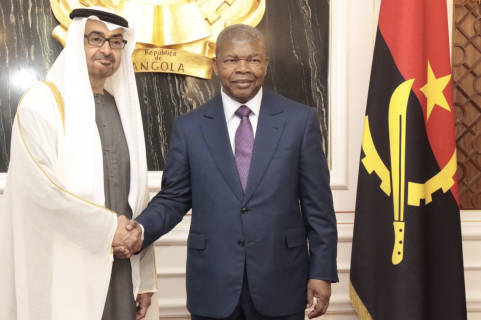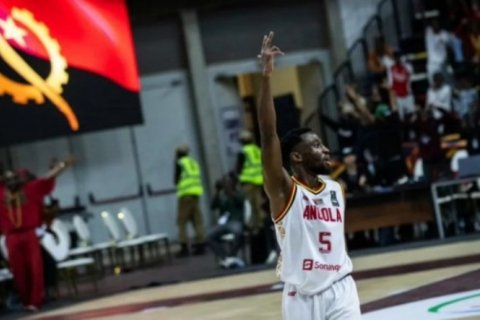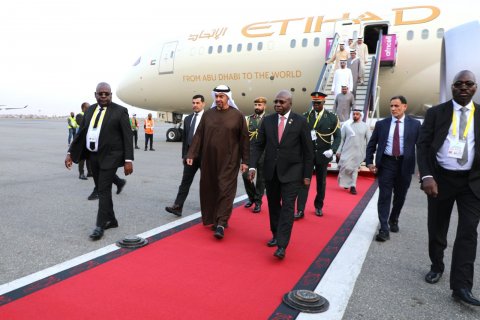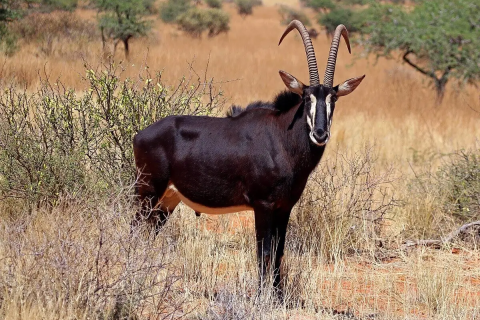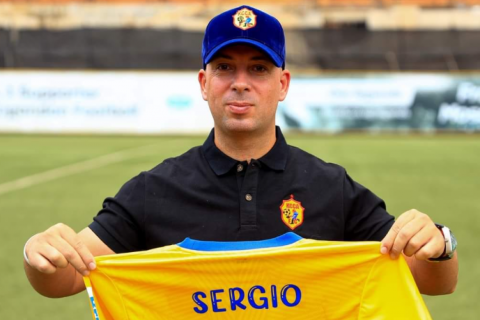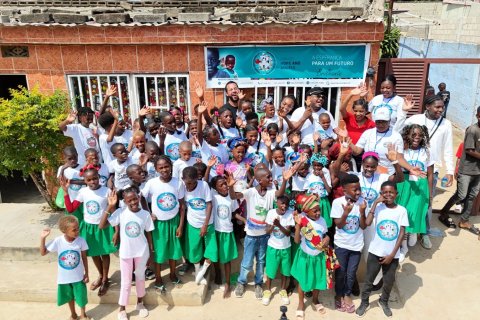Adalberto Costa Júnior answered questions from the public during his participation in the 3rd edition of the 'Conversas da Economia sem Makas', hosted by journalist Carlos Rosado de Carvalho, and assured that his party is open to dialogue.
"One of the biggest problems we have is the problem of fear, it is a real problem. We had a terrible period of wars and I was in some political negotiation environments where I heard people on the other side saying: 'don't expect us to facilitate the transition because you will get revenge, you will make us pay'", he stated, denying that this will happen.
As a practical example, he pointed to UNITA's openness to independent figures — "which is not an easy exercise and is subject to internal criticism" —, citing the United Patriotic Front (FPU), an initiative that, he admitted, "was not peaceful internally", as well as the parliamentary group, which also includes members of other parties.
"We are prepared to think about an Angola without the ties of party membership. I am not one of those who, if I become President of the Republic one day — and I hope I do — would say that the government will be formed only by party members. I will never say that. And I will not say that I won the elections and that the other members of other parties do not think that they will ever enter the government", he stated, receiving strong applause from the room.
In contrast, he criticized the behavior of the Popular Movement for the Liberation of Angola (MPLA), stating that the president of the UNITA parliamentary group sent a letter to his MPLA counterpart seeking consensus on the laws being discussed in parliament, and received the response of an unwillingness to engage in dialogue. "We do not engage in that type of practice", he assured.
"There will be no 'revenge' or witch hunt", he stressed.
Adalberto Costa Júnior also stressed that there is censorship in Angola, stating that "it is essential to have a press that serves the country, plurality and contradiction", and lamenting that there is less access to the media today than in the time of José Eduardo dos Santos, former President of the Republic, pointing to a "regression" in freedoms.
The leader of UNITA also described Angola's new Political-Administrative Division (DPA) as "a political instrument to avoid alternation", defending the move towards local authorities and calling for the restoration of the independence of the judiciary.
"The independence of the judiciary must be restored. It is a priority issue for making the country function. What we are seeing today is scandalous", stressed the leader of the largest opposition party.

